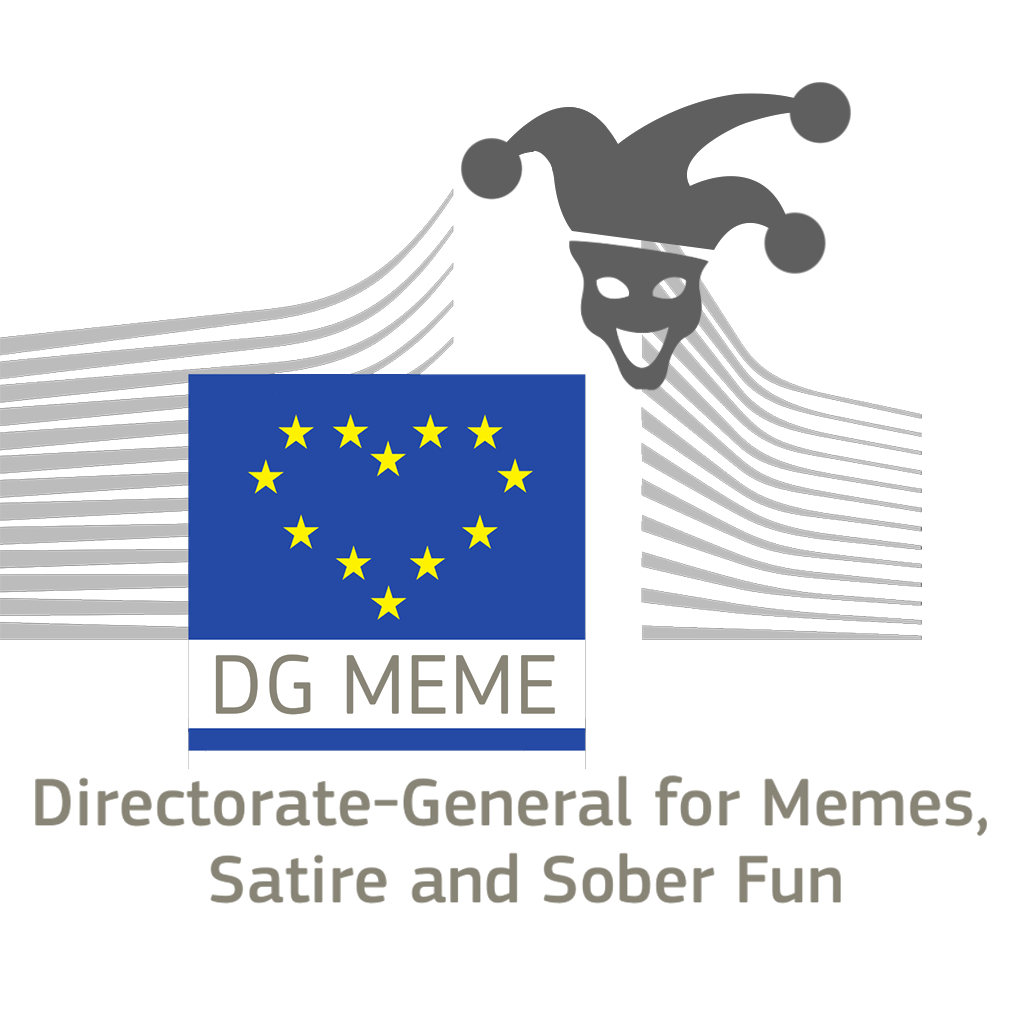It is the first time I venture out of my Commission comfort zone, interviewing a truly elected politician from the European Parliament. In these difficult times, when popular support is needed to take important decisions, a good Director-General knows he must get closer to those who are close to the people.
And I am glad to start with Mārtiņš Staķis, manager, coffee expert, TV host, church treasurer, mayor of Riga and Member of the European Parliament.
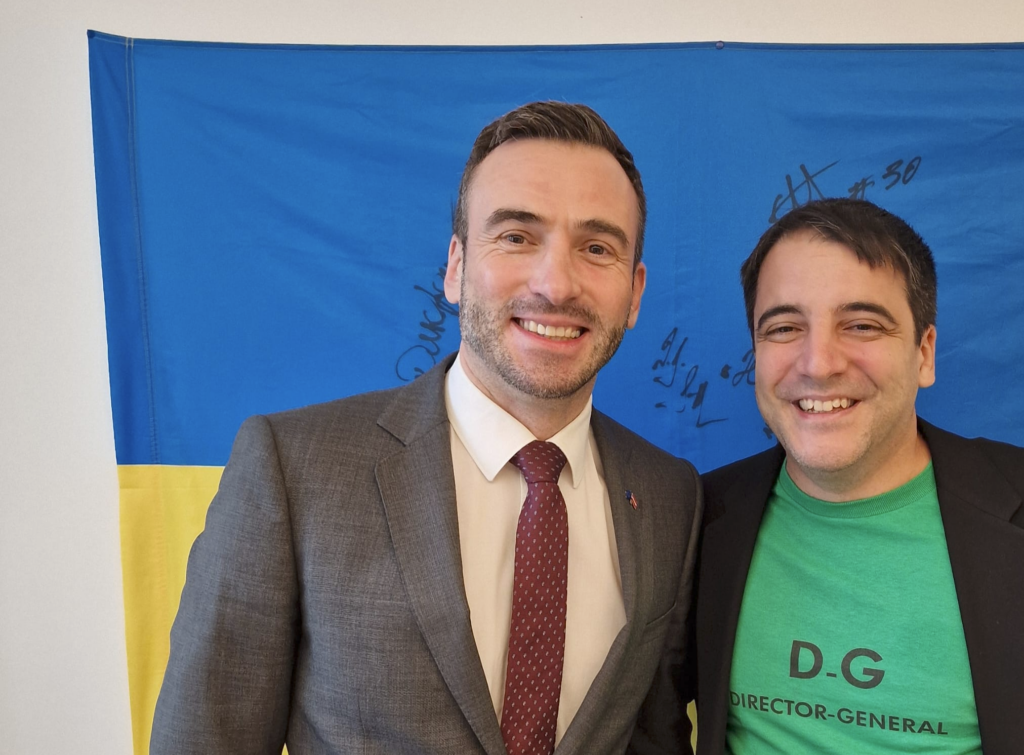
You moved to Brussels in June 2024, are you happy here?
I’m really in love with Brussels, it’s so nice. Everybody says that Strasbourg is more beautiful; and I agree with them. But Brussels is interesting and that is what matters the most.
Do you miss Riga?
One of my sons lives with me, but my wife and the other son, who just started university, stayed in Riga; so I travel back to them every Thursday.
Strasbourg is more beautiful. But Brussels is interesting and that is what matters the most.
Your mother Dagnija was already a Latvian minister (for welfare in 2004 and shortly for Regional Development in 2010, ed), so I assume you grew up in a political environment?
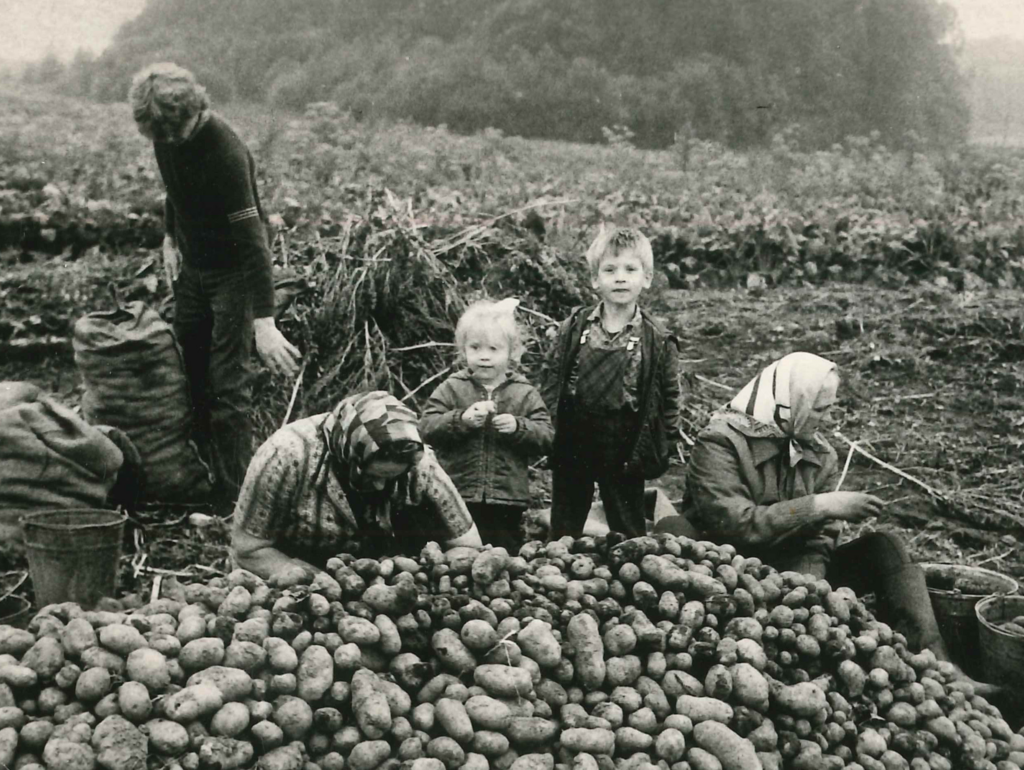
Yes, even during the Soviet occupation of Latvia, politics was always on the table. I come from the countryside, from a small village sixty kilometers from Riga; my mum took an active role in the municipality.
Full time?
Oh, not at all, in her free time. She had a tough routine: she would wake up at five in the morning, milk the cow (we were lucky to have one), then she would dress up elegantly and go to the university where she taught music methodology. Only after the independence she became mayor of our village; then she moved to the regional level and finally national.
Were your parents present at home?
Absolutely, I was raised in a very positive family, they used the same parenting technique they use for animals in the circus: ignoring the bad things and praising the good ones. They motivated us to be active and do something, even if the result was not perfect.
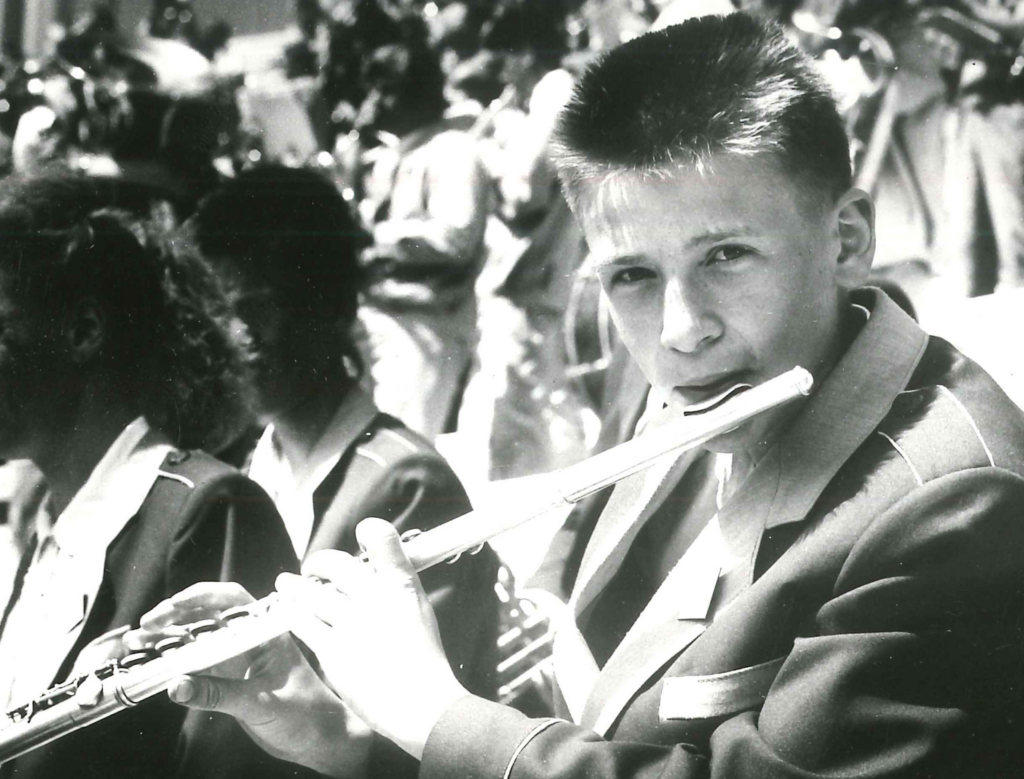
Positive reinforcement works! As a young boy did you dream of becoming a politician?
Not really, I wanted to become a bartender.
If I remember correctly, your first activity when you were sixteen was selling diluted alcohol…
[Short, surprised break] Really? [chuckles] That was published somewhere?
Well, I had to ask a few Latvian friends, but yes. It sounds like an interesting story…
It is! During the Soviet occupation, and also in the first years of independence, there was a serious problem with supplies in the shops. Those were times when ice cream was delivered only once a week and you could only buy maximum three, because that was the limit set by the Party. So this friend of mine suggested to go to Riga by train, buy six liters each of this 76% alcohol, take it back, mix it with water and sell it in our village.
How did it end?
It worked quite well at the beginning. Then my father forced us to stop the business before we ended up in jail.
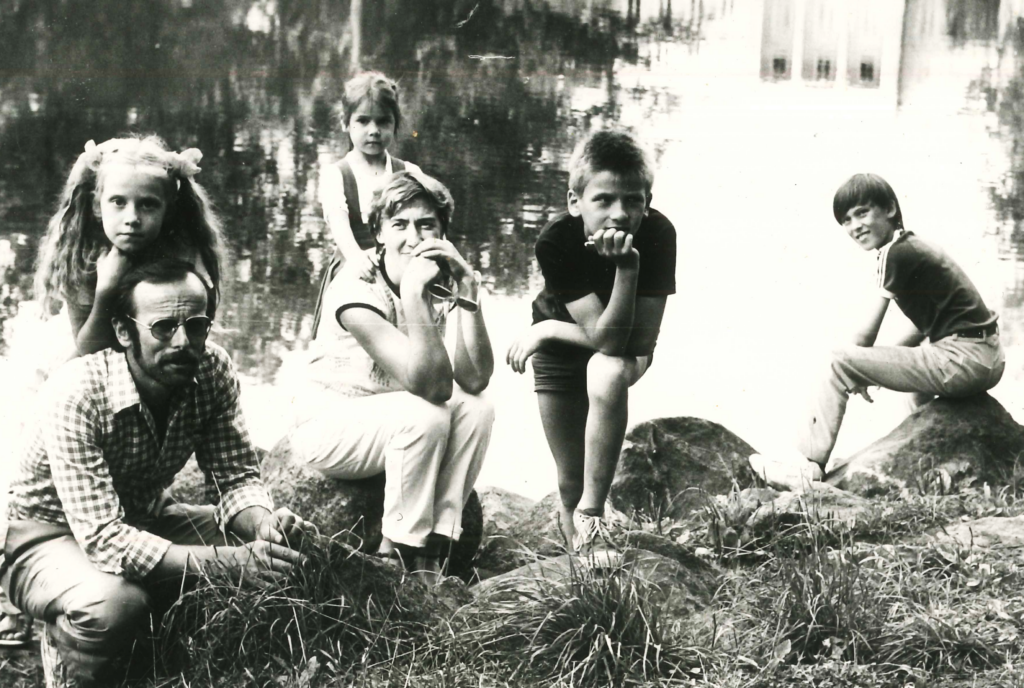
That’s good parenting! How was it to live the transition from communism to capitalism?
The only good thing back then was that everyone was equally poor; all of us started at the same level, it didn’t matter where you were coming from. 1997-1998 was the golden age for me, because the international businesses came in, and they wanted to hire people who spoke English and didn’t have a Soviet background; that meant hiring young people.
International businesses in Latvia wanted to hire people who speak English and didn’t have a Soviet background; that meant young people.
So you had lots of responsibility from the start?
Exactly, at 19 I was already marketing director of a Norwegian company (Narvesen, a popular chain of newsagents and convenience stores, ed), something impossible nowadays.
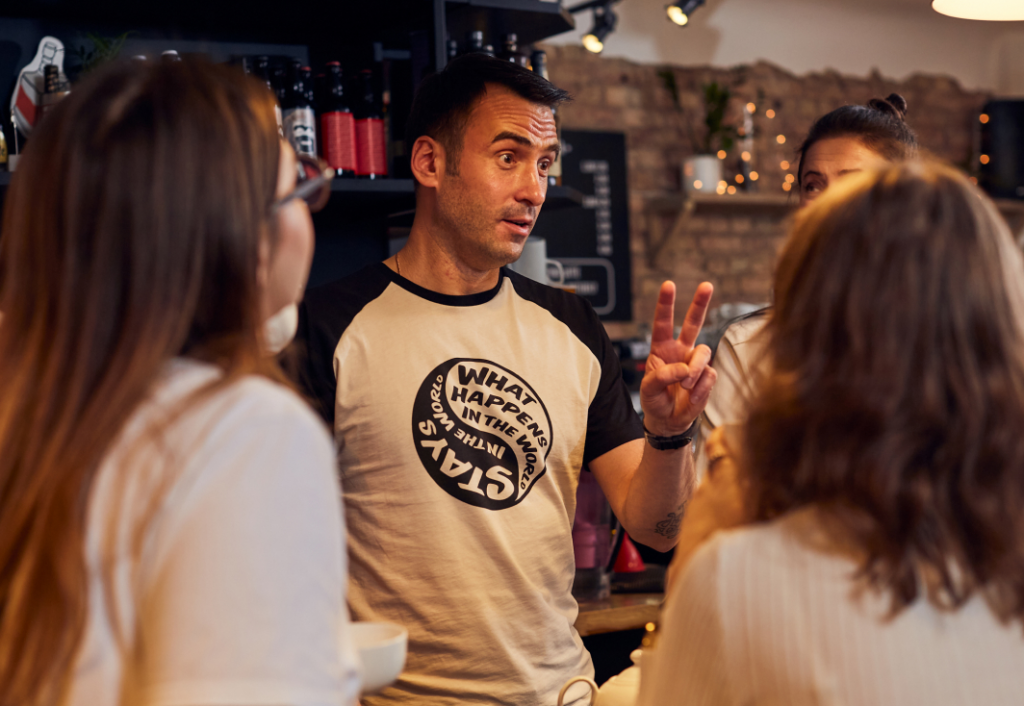
Was there anything you missed of the old world?
I have very bad memories of the Soviet occupation, the only positive thing I can say is that there was stability: everybody was sure they would have some kind of job and something to eat. Today my son has to study a lot and fight hard to have a good life. But back then, in 1997, when the economy was blooming after the crisis of 1994, if you were open-minded and spoke a little English, you could have an incredible life without much competition.
Did you learn English in Tukums?
Yes, at school, I had a very good English teacher. English was already quite popular in the Eighties, even though we all studied Russian as well.
Did you work long for Narvesen?
Twelve years. After that I decided to quit and start my own business.
If you were open-minded and spoke a little English, you could have an incredible life without much competition
How did you come to that idea?
Some friends of mine had a coffee company and the Italian coffee producer Illy wanted to sign a contract with them, but they couldn’t accept the offer, as they just recently signed a contract with Segafredo. Still my friends wanted to keep a good relationship with Illy, so they asked me to show them Riga and keep them company for a few days. We had a great time together and after a couple of weeks Illy called me asking if I knew any other coffee distributor in Latvia. And I said: “What if I become a distributor for you? I don’t have a company but I will establish one soon”. And they accepted.
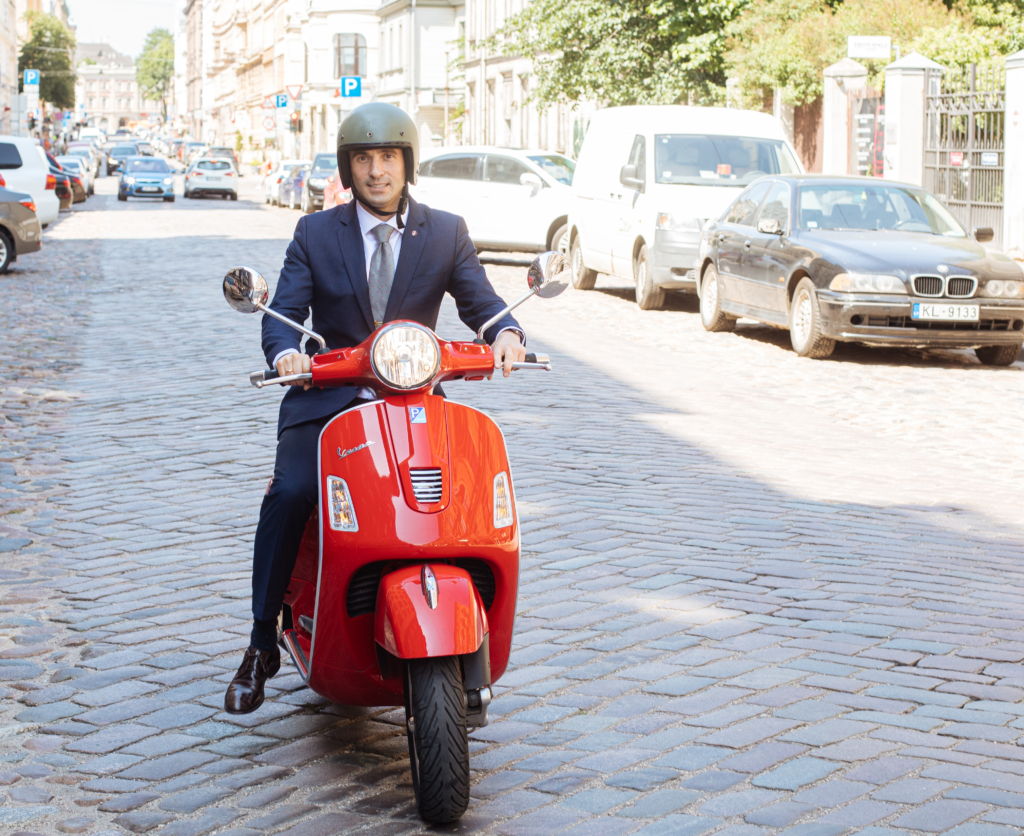
2010, not the best year to start a new business…
Indeed, and Illy is the most expensive coffee in the world. And the concept was that very well-trained baristas would work on very expensive coffee machines… So when I visited different bars and restaurants proposing this concept they were telling me: “Are you nuts? Don’t you see the crisis in the streets?”.
So I decided to open this café (Innocent Café, ed) to show to my hundred clients that my model was working: the café was full, I wasn’t selling them coffee anymore but a feeling and an atmosphere. And after a few years, I merged the company with the one of my friends and now we are the biggest coffee distributor in the Baltic States. [he hands me a fashionable package of coffee]. This is for you.
Thanks a lot, my colleagues in the office will love me for this. So when did you decide to jump into politics?
After a few years, I stepped out as manager of the company and just remained as owner. But the next step wasn’t politics, I became a TV presenter of a Christian show.
A Christian show?
Yes, it went live every Sunday after Mass, it was about spirituality in everyday life, it was called Roots in the Sky (Saknes debesīs now Lielās patiesības, Great Truths, ed). I was their TV host [laughs] for three years.
May I ask, which is your Christian denomination?
I am a Lutheran and I’ve been working as treasurer of my church, the St. Gertrude Old Church of Riga, for twelve years.
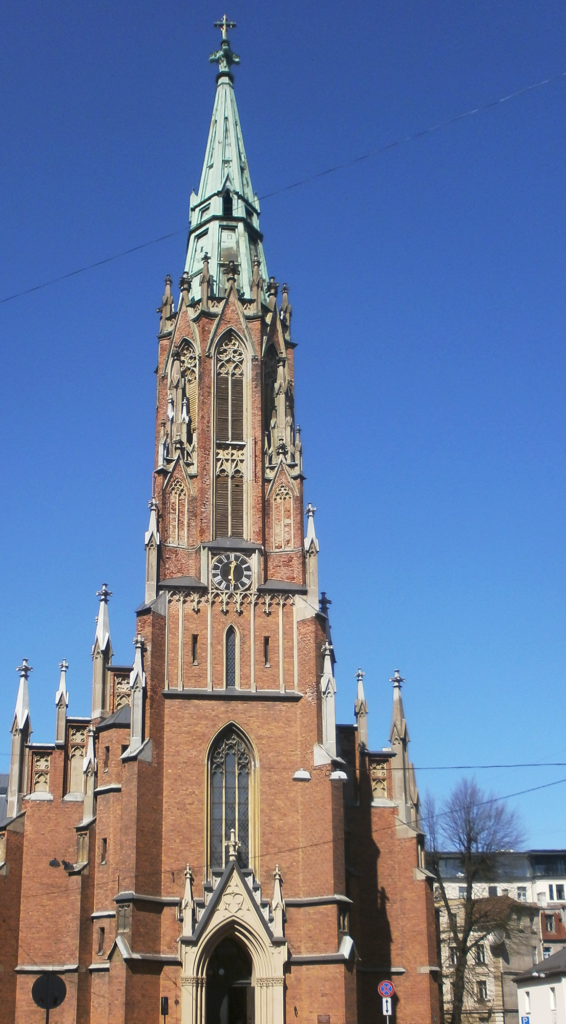
You need people with a strong moral sense to do that job. Yet you don’t give the impression of being particularly conservative…
I don’t think I am. In fact in 2017 For!, a new Liberal party, was established, and I joined it with enthusiasm. This party was in favor of gay marriage. I had to choose between hosting the TV program and the party; and I chose the party.
Why did you think to go against the doctrine in this case?
In the new Testament, in the four Gospels, there is not a single word against homosexuality. And if the love comes from God and people love each other, even if they are of the same sex, how can you say this comes from the Devil?
Makes sense. Did this decision involve a lot of inner thoughts? Did it take a lot of time?
Not really, it was quick. I think liberalism and Christianity can go hand in hand, it’s something we built with time. In my liberal view, grown up people should be allowed to do whatever they want, as long as they don’t hurt others. No one should be allowed to judge others and tell them what to do with their lives.
I had to chose between hosting the Christian TV program and joining the liberal party, which was in favor of gay marriage; and I chose the party.
“He that is without sin, let him first cast a stone”. And yet, the need for judgement and punishment is deeply rooted in monotheistic religions. Do you still have friends from church?
Yeah, we are still in contact, even though they are not very happy about my policies; the Latvian Lutheran Church is one of the most conservative in the world and I was the first mayor to raise the Pride flag.

How did your political journey continue?
In 2018 I was elected to the Latvian parliament for one and half year.
You were active in Defense, a very sensitive topic in the Baltic States…
In 2004, Latvia joined NATO and all of us thought that the war was over, we should forget about it; nothing bad will ever happen to us, we are part of the strongest alliance in the world! Then, in 2014, with the occupation of Crimea, many of us understood that the war was real and very close to our borders. Many Latvians, including myself, volunteered to join the National Guards. That’s how I got close to the defense topic.
How was it to work in the Latvian Parliament?
It wasn’t a good time, frankly speaking, I didn’t enjoy it at all. And I promised myself I wouldn’t be back in any parliament. I was happier to work as mayor.
Many Latvians, including myself, volunteered to join the National Guards. That’s how I got close to the defense topic.
I see the European Parliament attracts a lot of former Riga mayors, Nils Ušakovs, who was your predecessor, for example.
[Looks down embarrassed] Yes, Ušakovs… He did not have the best reputation, there were like forty corruption cases in Riga City Council while he was mayor. And during the elections I promised that there would be no corruption cases during the mayorship.
You talked about that in a FuckUp Night (a show where people talk openly about their failures, ed) in Riga, what went wrong?
I got a whistleblower report about one of the directors of our transport department, saying he was corrupt. But the Transport Department was under the responsibility of my deputy mayor, who was actually a good friend of mine and a comrade in the National Guards. He told me that the director was under his protection. I said I did not care, if he is corrupt we need to investigate. So he contacted the opposition and with their vote he stopped the investigation. And so I decided to step down.
That’s when you finally heard the call of Europe?
Yes, my party asked me to run for the EU elections, as I still had a good reputation in society. I agreed mostly because I could work on the defense issue. The world is collapsing now. And without the US supporting NATO we are in big trouble in Europe and we need to act very fast. Somehow I have the feeling that crises are always following me.
Somehow I have the feeling that crises are always following me.
That would make a great headline. What makes you think so?
When I went to the Latvian Parliament, Covid started. So we just put all our political programs aside and tried to face the virus; when I became mayor, the war started in Ukraine and we had to deal with 50,000 Ukrainian refugees; I come to the European Parliament, Trump gets elected and we have a new crisis at our doorstep.
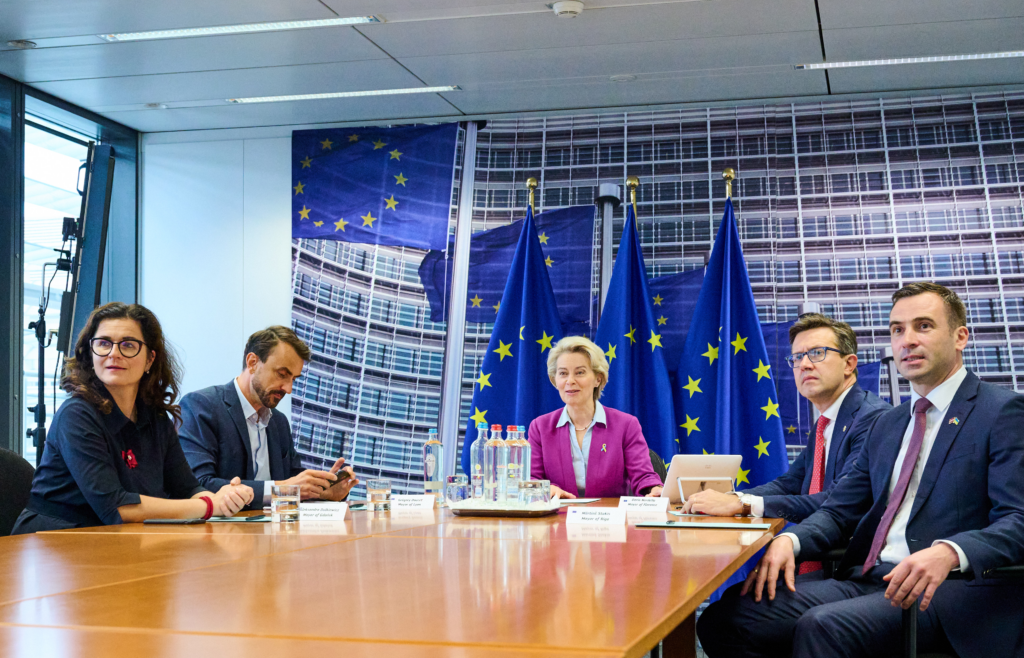
At least you are never bored. How is it to be working at the European Parliament?
I try to do every day the best I can. At the European Parliament, if you want to be an active member, if you are ready to work hard, you have a lot of options. If you don’t want to do anything special, that’s also okay, nobody pushes you.
Do you have the power you expected to have when running to be elected?
The European Parliament is a huge ship. And to steer the ship in one direction is very difficult, we move very slowly. The problem is that there are too many captains on the ship, twenty-seven captains. But, I can’t afford to be a pessimist. I’m happy to be the coordinator of the group on Security and Defense issues.
The European Parliament is a huge ship. And to steer the ship in one direction is very difficult, we move very slowly.
Can we be optimistic about the European Army?
Not yet. I think we Baltic States understand the threat and the need to have 5% of GDP invested on defense. Other countries, who are farther away from Russia, do not. Italy, for example, has to hide its military spending in other budget areas, because the public opinion doesn’t want to see even 2% of expenses on paper.
From a southern European perspective the war looks very far and people are scared of an escalation.
They shouldn’t be scared, but just realistic: the Russian expansion is a common threat. In the Baltic States, in Poland, in Finland, we know Russians well, I even speak Russian. Russians only understand force and power, they will only stop when they are stopped. That’s a lesson my father taught me very early: if a Russian bully comes to you, you have to be prepared and show your courage, otherwise he will keep bullying you.
If we show weakness, as we are doing now, we are dead. Russians don’t respect weakness, for them it’s like a sin.
That’s why we need to invest in defense, to have a deterrent: Russia should know that if they come here it will cost them a very high price. If we show weakness, as we are doing now, we are dead. Russians don’t respect weakness, for them it’s like a sin. It’s better to be killed than to be weak. That’s why they’re always bluffing, pretending that everything is going according to their plan.
You are very clear on the topic; how did you manage to become mayor of Riga, when half of its population has Russian origins?
As a liberal politician, of course, I tried to support the integration. And my message was quite clear: everyone who wants to be a member of our society, of our community, is welcome in the family. But on the 24 of February 2022, we understood that all of our integration policy failed: two weeks after the Russian invasion of Ukraine, only 20% of Russian-speaking Latvians condemned the war, 20% were clearly in favor and 60% said they didn’t care or that they didn’t follow politics. And if you don’t care that someone is killing Ukrainians, then you are actually supporting the killing.
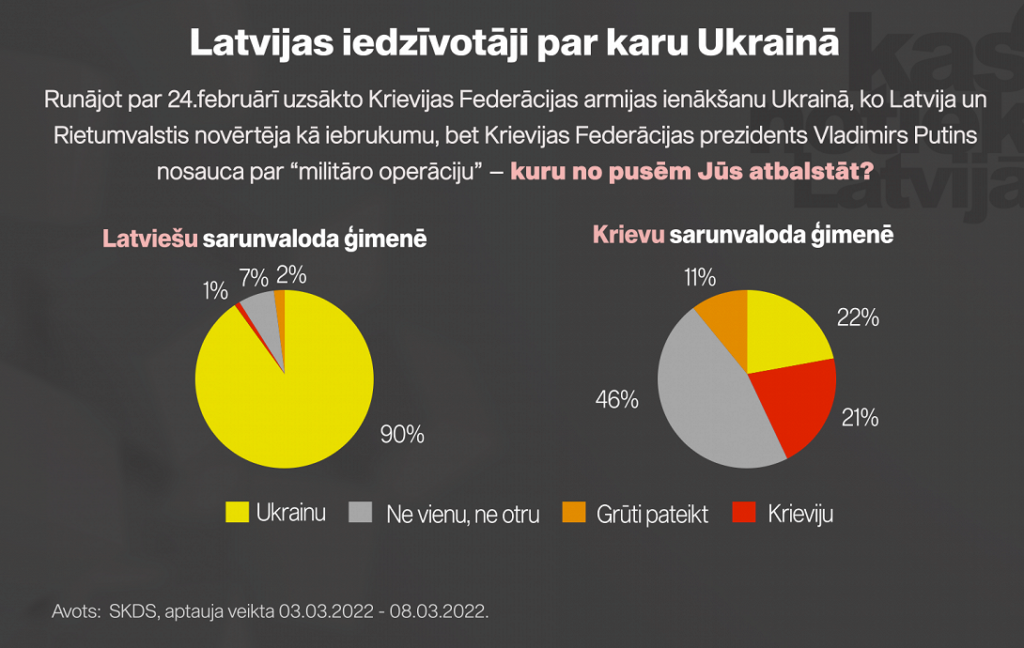
This was honestly a shock to many of us, we were expecting at least 60%-70% who condemned the war, because it’s an aggression and you live in Europe and you enjoy a degree of freedom that you will not find anywhere else. They should be on our side, I thought, but they weren’t.
That’s when Latvians decided to tear down the Soviet Victory Monument?
Yes, for Soviet nostalgics that was their sacred place: every year on the 9 of May they would celebrate Victory Day there. And Latvians hated that. And I was the one who took that down, do you think they were happy about that?
Most likely not, I remember there were lots of protests in those days.
True. On the other hand, when I met Russians on the street, they told me: “We don’t like what you did, but you did show courage and this is something we respect”. That’s how they work.
Was it easy for you to take that decision?
We have been wanting to take that down for a long time. But there was a contract between Russia and Latvia to protect the monument. But when Russia showed to the world that international agreements meant nothing to them, we saw a window of opportunity. So the Parliament took the decision to break the contract. And on the next day we ratified that decision in the City Hall. And people donated money to help the demolition, we collected €250,000.
We need to invest in defense to have a deterrent: Russia should know that if they come here it will cost them a very high price.
That sounds expensive, how big was the monument?
3.5 thousand tons of concrete and steel. And it was built next to the river, so we had to be sure in which direction the monument would fall. If it had hit the wrong side, there would have been seismic waves, and they can destroy the houses around.

When was it built?
In 1985.
Wow, so late, under Gorbachev and with the Soviet Union already in deep crisis! What was the strategic reason for that?
It was to mark the territory, a way to say: “This is our land”.
By destroying it, were you afraid something similar to Tallinn’s Bronze Night would happen?
Yes, we knew there were groups of Russians trying to organize some protests, as the demolition date was known, it was set to be on the 2nd of September. But on the 24th of August, the person responsible for the project told me that they found the way to tear down the monument in the right direction, hitting the concrete part first. We could have done it already that very night.
I asked him: “Have you done something similar before?” He replied: “No”. “So how can I trust you that it comes down exactly where we want?” “You just have to believe me, I’ve been doing demolitions for more than twenty five years”.
And I trusted him but I told him I wanted the demolition to be done during the day, not at night. So we waited for the 25th and we did it so quickly that the Russians couldn’t organize any riots.
So much effort to destroy a monument… I guess symbols are important to mankind.
They are. Of course, when you demolish something you also need to build something new, otherwise it doesn’t work. And that’s what we did: we built a very beautiful park. Families walk there with their children and soon nobody will remember that there was an ugly statue.
When you demolish something, like the Soviet monument in Riga, you also need to build something new, otherwise it doesn’t work.
How was the reaction in society?
Regular citizens were happy, it was about time. We seized the perfect opportunity, otherwise we would have never gotten rid of it, the monument was built well: in case of nuclear war it was supposed to be the last building standing.
So you realized that the integration of the Russian-speaking community in the country failed, did you propose alternative measures?
Yes, once we realized the failure of our integration policies, we quickly rebuilt our education system (with a consequent lack of Latvian teachers, ed), removing bilingualism in schools and only teaching Latvian.
If a minority feels threatened it quickly becomes an enemy and in sensitive areas like Latgale or Narva, in Estonia, that can become a security issue. Do you think that policy was needed?
Yes, because children don’t care about the war and they are the next generation, they will have to live together. They can’t be separated in Russian and Latvian schools.
Children don’t care about the war and they are the next generation, they will have to live together. They can’t be separated in Russian and Latvian schools
I was a volunteer teacher in school, for three years. We had seven Russian children in a Latvian school, because their parents wanted them to learn Latvian. And the children became friends in school, that’s how it should be.
Did they truly become friends or were parents projecting their divisions on the children? Maybe the Russian-speaking children felt estranged because their Latvian is not as good as that of the other classmates?
No, I don’t think that happens. Kids are learning languages in weeks because they are young. And of course, one is allowed to speak any language at home.
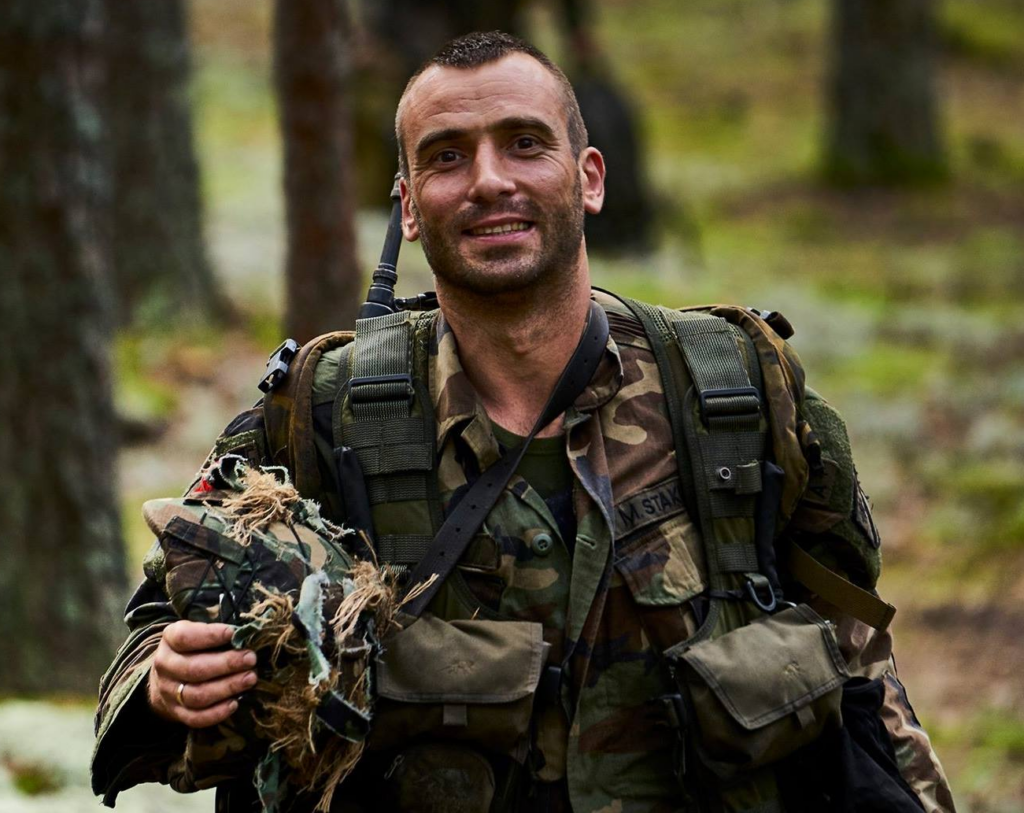
In my travels to EU border zones I have met a lot of people belonging to ethnic minorities that after many generations still hate speaking the language of their country, because they perceived it as it is being imposed on them.
Some people are more resistant to change. But it is true that for us Latvians the language issue is very important: we are only 1.5 million on the planet and our language might disappear. It is hard to understand for Italians, knowing that your language will always be spoken.
I think languages interact, mix, evolve, just like people. Hard to say which Italian language will be spoken in 500 years, but I am sure I will have serious troubles understanding it.
For us the danger is a bit more real and we want our language to survive.
I have a criminal case in Belarus, if I go there I end up in jail.
Understandable. Let’s move from languages to sport, what happened with the Ice Hockey Championship in Riga?
I have a criminal case in Belarus, if I go there I end up in jail.
As most of us, I guess. Tell me more!

In 2021 Lukashenko hijacked a Ryanair plane to arrest a dissident, a blatant violation of any international agreement. And we were having the Ice Hockey Championship in Riga. I go to the stadium and I see the Belarusian flag of the Lukashenko regime. And I said: “No way!”.
So we took it down and we raised the free Belarusian flag instead. And Lukashenko got so mad at this and he mentioned me in every single speech: “That bloody mayor of Riga”.
Flags give you a lots of trouble, it seems. My last question: Do you consider yourself naive?
Yes, absolutely. Positively naive. Sometimes even comfortably numb, as in the Pink Floyd’s song.
To a greedy politician I would always prefer a naive one. Thank you so much for your time.
A big thank to Niki, for helping organizing the meeting; to Cp for the precious Latvian culture clarifications; to Anna, Martina and Antonis for proof-reading the draft;
